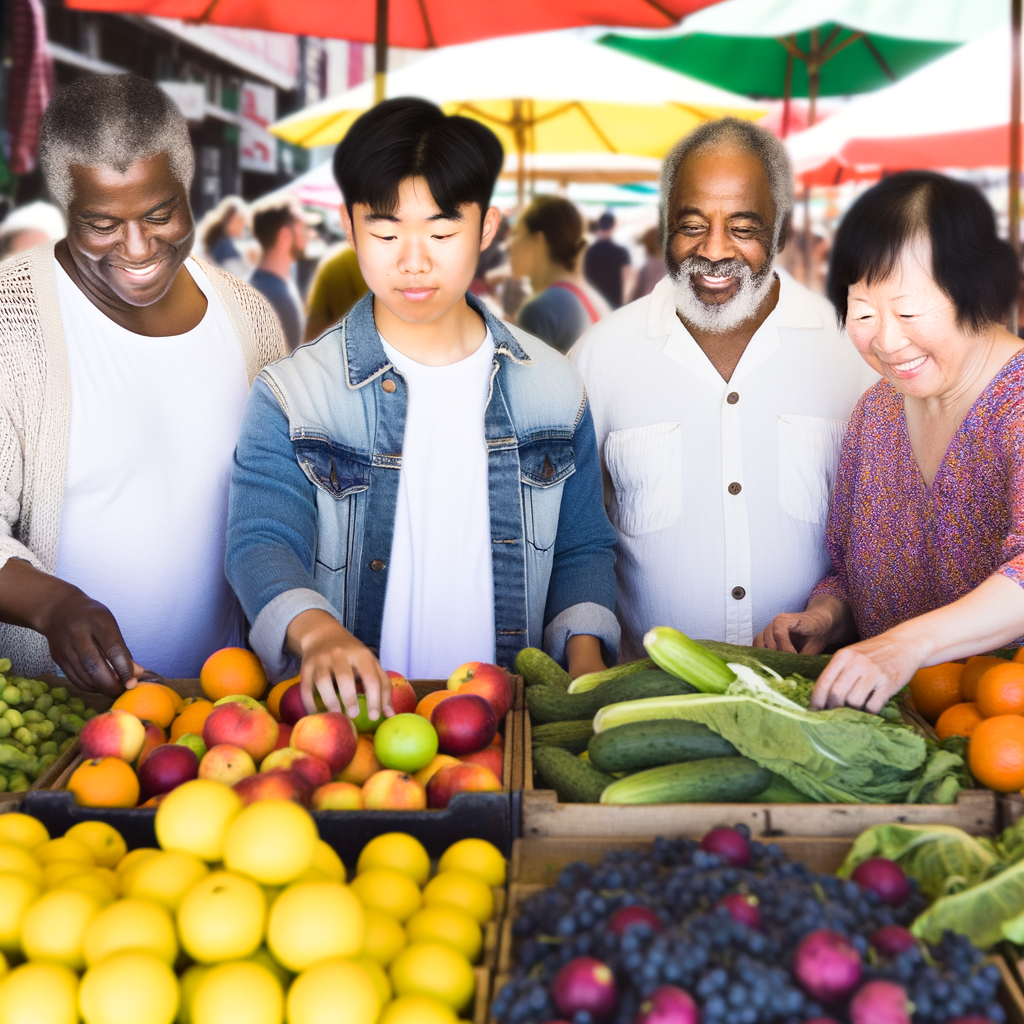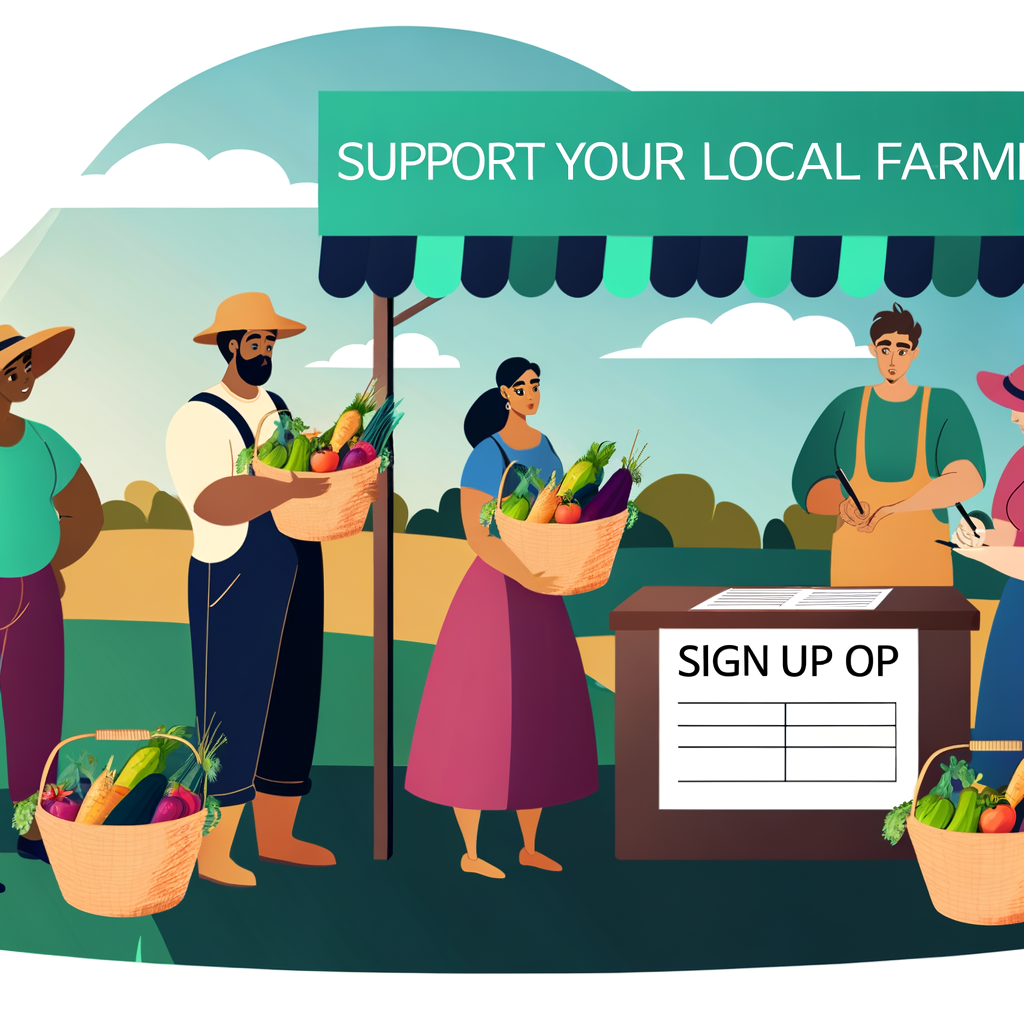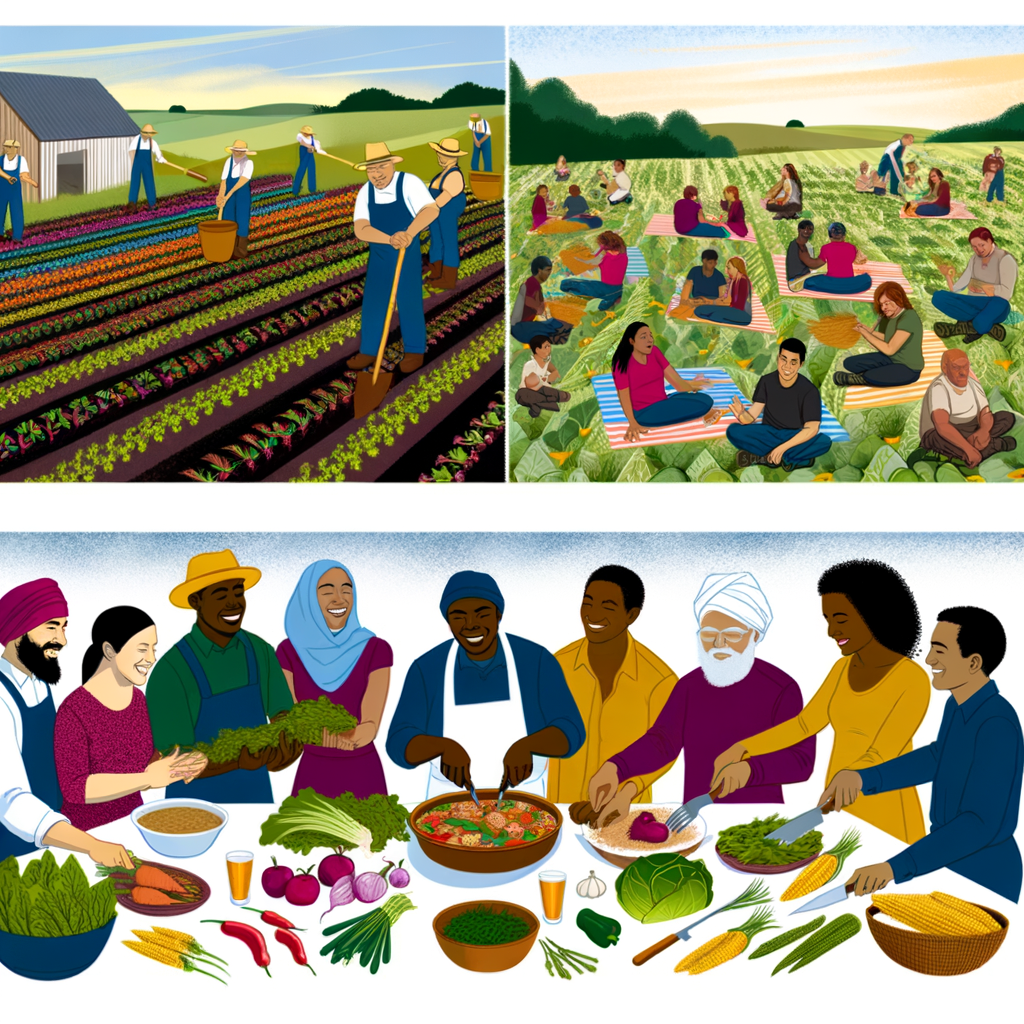Farm-to-table is a food movement that has gained popularity in recent years, especially in Europe. It is a way of bringing fresh, locally grown produce into our homes and connecting the community with the source of their food. One aspect of farm-to-table that has been gaining traction is Community-Supported Agriculture (CSA). CSA is a system where consumers purchase a share of a farm’s harvest in advance, and in return, receive a regular supply of fresh produce throughout the season. This not only benefits the consumer by providing them with fresh and healthy food, but it also supports local farmers and their sustainable practices.
CSA creates a direct relationship between the consumer and the farmer, eliminating the need for intermediaries and ensuring that the produce is of the highest quality. By participating in a CSA program, consumers also have the opportunity to learn about the farming process and the challenges that farmers face. This not only increases appreciation for the food we eat, but also encourages a sense of community and connection with the land.
Moreover, CSA promotes sustainability by reducing the carbon footprint of our food. The produce is grown locally, eliminating the need for long-distance transportation and reducing the use of harmful chemicals. This not only benefits the environment, but also contributes to the overall health of the community.
In conclusion, farm-to-table and CSA are more than just food trends. They are powerful movements that promote community, sustainability, and a deeper understanding and appreciation for the food we eat. By supporting local farms and participating in CSA programs, we can not only enjoy delicious and fresh produce, but also contribute to a more sustainable and connected world.





